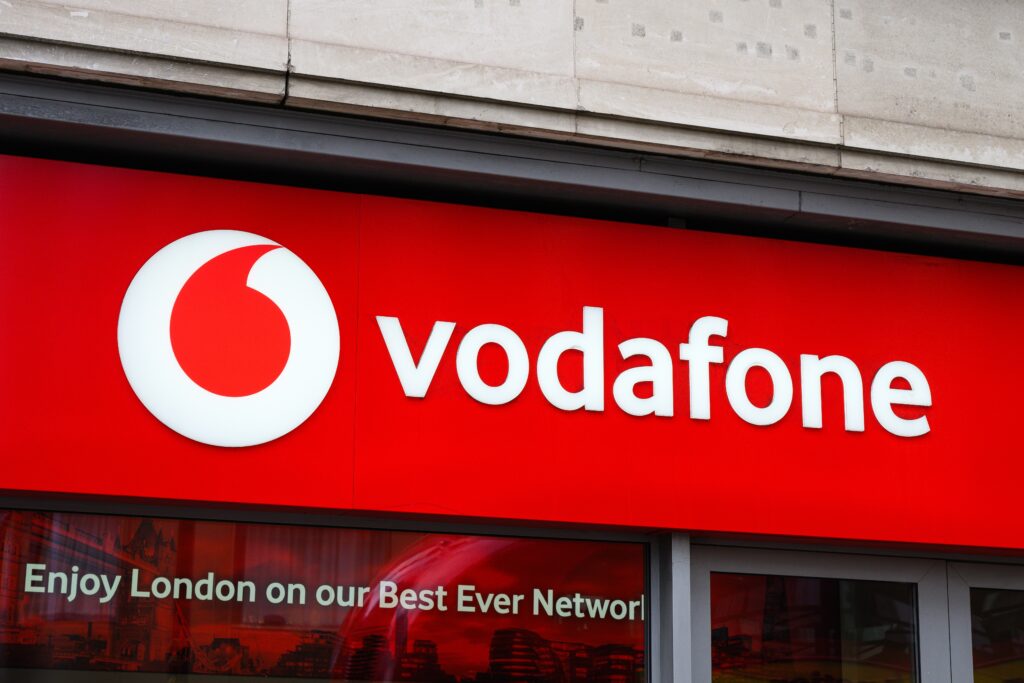Vodafone franchisees warned the telecoms group as early as 2020 that commission cuts were having a “massive impact” on their mental health, years before 62 store owners launched a £120m high court claim against the company.
The claimants, who represent nearly 40% of Vodafone’s total franchisees, allege that the company “unjustly enriched” itself by slashing commissions, leaving small business owners struggling financially and emotionally.
A franchisee-led survey from September 2020, conducted weeks after Vodafone cut fees during the Covid pandemic, revealed deep dissatisfaction. Respondents gave Vodafone scores of just 1.75 out of 5 for trust and 1.67 for feeling valued. In written comments, many described deteriorating mental health, citing anxiety, depression, panic attacks, and stress severe enough to affect family life.
One franchisee wrote: “My mental health has become very poor as I am suffering from anxiety and spells of depression.” Another said: “I think it’s disgraceful that I feel the constant threat of losing my savings, home and livelihood.”
Some former franchisees have since told the Guardian that the pressure they faced under Vodafone’s system drove them to suicidal thoughts. Many also reported debts of more than £100,000 and the fear of losing their homes. MPs have compared aspects of the dispute to the Post Office Horizon IT scandal.
Vodafone has opened a fourth investigation into its franchising division but “strongly refutes” the allegations in the high court claim, which it insists it will defend as part of a “commercial dispute.”
A company spokesperson said: “We are sorry to any franchisee who has had a difficult experience. At Vodafone UK we encourage anyone to raise issues in the knowledge they will be taken seriously, and we always seek to resolve any issues raised.”
Despite the controversy, Vodafone maintains that its franchise model remains successful, with several franchisees expanding by taking on additional stores.


